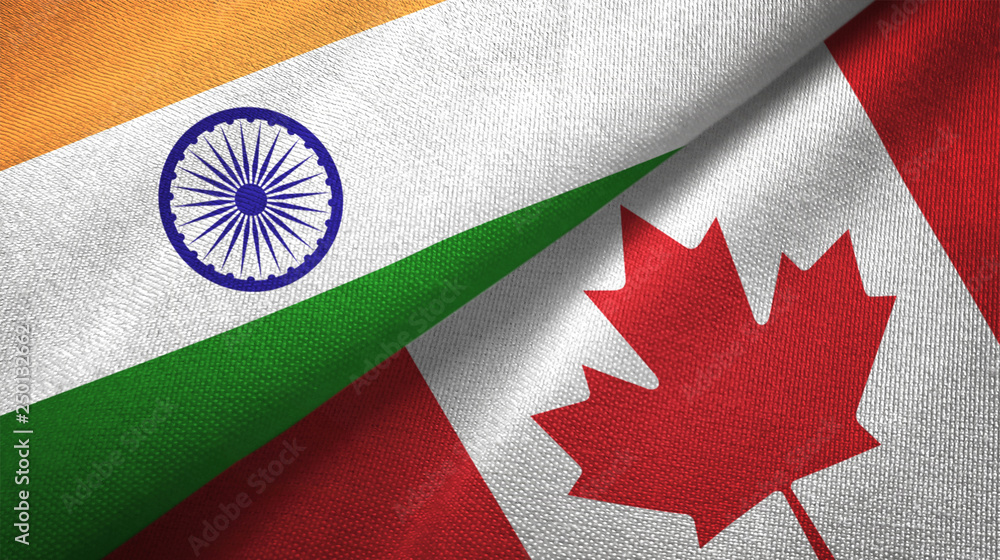Historical Ties and Collaboration
India and Canada have historically shared a long-standing relationship rooted in shared values and democratic principles. This relationship dates back to 1947 when Canada was among the first countries to establish diplomatic ties with India after its independence. Both countries have collaborated on various fronts such as trade, education, and technology. These partnerships have been mutually beneficial, contributing to economic growth, cultural exchanges, and technological advancement. Canada has also been home to one of the largest communities of Indian origin, further strengthening the bond between the two nations.
Recent Strains in Relations
Diplomatic Measures and Retaliatory Actions
In response to the allegations, both India and Canada have taken several measures, including expelling each other’s diplomats over concerns about national security and suspending visa services for citizens. These actions can be seen either as precautionary measures for national security or as retaliatory steps in a tense diplomatic situation.
The Core Dispute
The main core of the current dispute lies in differing perspectives on the Khalistan movement. India considers it a national security threat, citing incidents of violence, while Canada views it as a matter of freedom of speech, expression, and the rights of its citizens. This fundamental disagreement has escalated the issue from a bilateral dispute to an international concern. The dispute also lies on the fundamental differences in how both countries perceive the issue of sovereignty, national security as well as diplomatic norms.
Economic Implications
The diplomatic rift between the two nations has broader implications beyond political tensions. For instance, there could be a significant decline in trade and economic exchanges between India and Canada. Many Indian students and professionals studying or working in Canada contribute to the Canadian economy, and the current situation could hinder this economic cooperation. This could impact the flow of investment and affect sectors such as education and technology.
Doubts have emerged over the Indian Army’s plan to procure the Stryker armored combat vehicle as relations between India and Canada have nosedived. Manufactured by General Dynamics Land Systems-Canada, the Stryker is mainly used by the US Army. India was looking to buy around 530 vehicles and deploy them in areas like Ladakh
Geopolitical Consequence
The India-Canada dispute has significant geopolitical implications, affecting India’s relations with other Western allies, including Canada. Canada has gained support from the United States and the United Kingdom, which have called for a transparent investigation into the assassination. The way both nations navigate these tensions will influence their bilateral ties and their standing within the larger geopolitical landscape.
If the situation with Canada worsens and leads to a broader narrative about India’s actions abroad, there is a risk that India could face diplomatic isolation in some Western circles. Due to the current issues at hand, a fallout in the trade and economic relations with regard to the agricultural, technological and educational sector among the two nations are bound to occur.
Conclusion
In conclusion, the dispute between India and Canada has evolved from a bilateral issue into one of international concern, influencing geopolitical and economic calculations. This situation highlights the complexities of balancing national interests with international diplomacy, making it a critical point of discussion in the global community.

